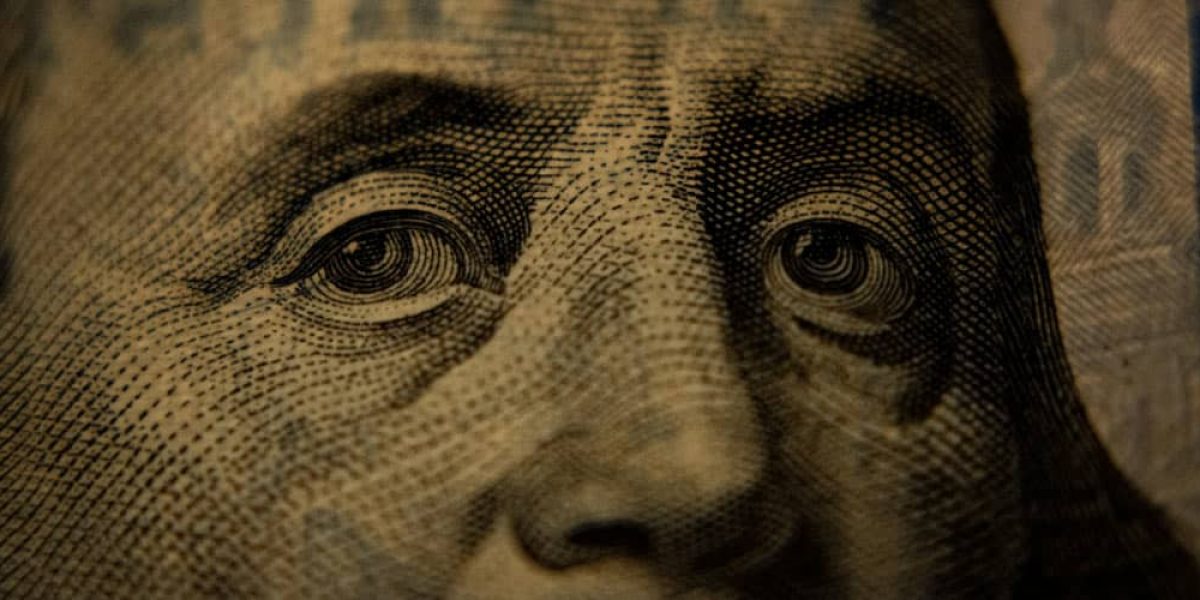Political economy and public policy are two interconnected fields that play a crucial role in shaping the way governments operate and make decisions. While these terms may sound complex, they have a significant impact on our daily lives and the functioning of society as a whole. In this article, we’ll explore what political economy and public policy mean, how they influence each other, and why they matter to the average person.
What is Political Economy?
Political economy is the study of how political institutions, processes, and ideologies influence economic outcomes and vice versa. It examines the interaction between politics and economics and seeks to understand how power dynamics, government policies, and societal structures shape economic systems and outcomes. In essence, political economy explores questions such as:
- How do political decisions impact economic growth, distribution of wealth, and income inequality?
- What role do government policies play in regulating markets, promoting economic development, and addressing social issues?
- How do factors such as ideology, interest groups, and international relations influence economic decision-making?
- Political economy encompasses a wide range of topics, including taxation, trade policy, labor markets, welfare programs, and economic globalization. It examines both the theoretical foundations of economic systems and their real-world applications within different political contexts.
What is Public Policy?
Public policy refers to the decisions, actions, and programs implemented by governments to address societal problems, achieve specific goals, and promote the public interest. Public policy encompasses a broad range of areas, including healthcare, education, environmental protection, transportation, social welfare, and national security. It involves the formulation, implementation, and evaluation of policies by government officials, policymakers, and other stakeholders.
Public policy is shaped by a variety of factors, including political ideologies, public opinion, interest group influence, and economic considerations. Policymakers must balance competing interests and priorities while striving to achieve the greatest good for the greatest number of people. Effective public policy requires careful analysis, stakeholder engagement, and consideration of the potential impacts on society as a whole.
The Relationship Between Political Economy and Public Policy
Political economy and public policy are closely intertwined, with each influencing and shaping the other in various ways. Political economy provides insights into the underlying political and economic forces that drive the formulation and implementation of public policies. It helps explain why certain policies are adopted, who benefits from them, and how they impact different segments of society.
Conversely, public policy decisions have significant implications for economic outcomes and the distribution of resources within society. Government policies on taxation, spending, regulation, and trade can have profound effects on economic growth, employment, income distribution, and overall well-being. Understanding the political and economic dynamics that shape public policy is essential for analyzing policy outcomes and advocating for change.
Why Political Economy and Public Policy Matter
Political economy and public policy have far-reaching implications for individuals, communities, and entire nations. Here are a few reasons why they matter:
- Economic Well-being: Government policies influence economic conditions, employment opportunities, and living standards for millions of people. Understanding the political economy helps identify policies that promote economic growth, reduce poverty, and create a more equitable society.
- Social Equity: Public policies play a critical role in addressing social inequalities, promoting equal access to education, healthcare, housing, and other essential services. By analyzing the political economy of policy decisions, we can advocate for policies that advance social justice and reduce disparities.
- Environmental Sustainability: Environmental policies are essential for protecting natural resources, mitigating climate change, and preserving ecosystems for future generations. Political economy analysis can help identify the drivers of environmental degradation and inform policies that promote sustainability and conservation.
- Democratic Governance: Political economy research sheds light on the power dynamics, interest group influence, and institutional structures that shape government decision-making. By understanding these dynamics, citizens can hold policymakers accountable and advocate for policies that reflect their interests and values.
- Global Relations: International trade policy, foreign aid, and diplomacy are all influenced by political and economic factors. Political economy analysis helps understand the complex interactions between nations and the global economy, informing policies that promote peace, cooperation, and development.
In conclusion, political economy and public policy are essential fields of study that help us understand how governments operate, make decisions, and impact our lives. By analyzing the political and economic forces at play, we can advocate for policies that promote economic prosperity, social equity, environmental sustainability, democratic governance, and international cooperation. Whether you’re a policymaker, activist, or concerned citizen, understanding the relationship between political economy and public policy is crucial for shaping a better future for all.









